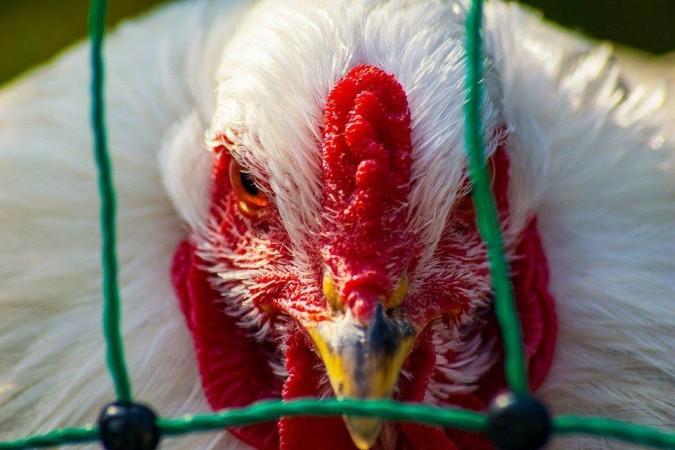The National Health Commission (NHC) of China confirmed on Tuesday that a four-year-old kid from central Henan province tested positive for the H3N8 bird flu strain after being admitted to the hospital with a fever and other symptoms earlier this month.
According to the NHC, the boy's family reared chickens at home and resided in a region frequented by wild ducks.

Details of the human case of H3N8 bird flu
The commission reported that the kid was infected by birds directly, and the strain was deemed to lack the "ability to successfully infect people".
Reports confirmed that tests of the boy's close human contacts showed "no anomalies,"
The NHC described the boy's case as a "one-off cross-species transmission with a minimal risk of large-scale transmission."
Nonetheless, the NHC advised the public to avoid dead or sick birds and seek emergency medical attention if they experienced a fever or respiratory symptoms.
Avian influenza is a disease that mostly affects wild birds and poultry.
Human-to-human transmission is exceedingly rare
According to the US Centers for Disease Control and Prevention, the H5N1 and H7N9 bird flu viruses, which were discovered in 1997 and 2013, respectively, have been responsible for the majority of human cases of avian influenza.
It is still unclear whether the H3N8 strain will wreak havoc by spreading rapidly among humans.
According to the World Health Organization, human infections of zoonotic, or animal-borne, influenzas are mainly acquired through direct contact with diseased animals or contaminated surroundings but do not result in effective transmission of these viruses between people.
H3N8 was responsible for the deaths of over 160 seals off the northeastern coast of the United States in 2012 when it caused the animals to get affected with pneumonia.












